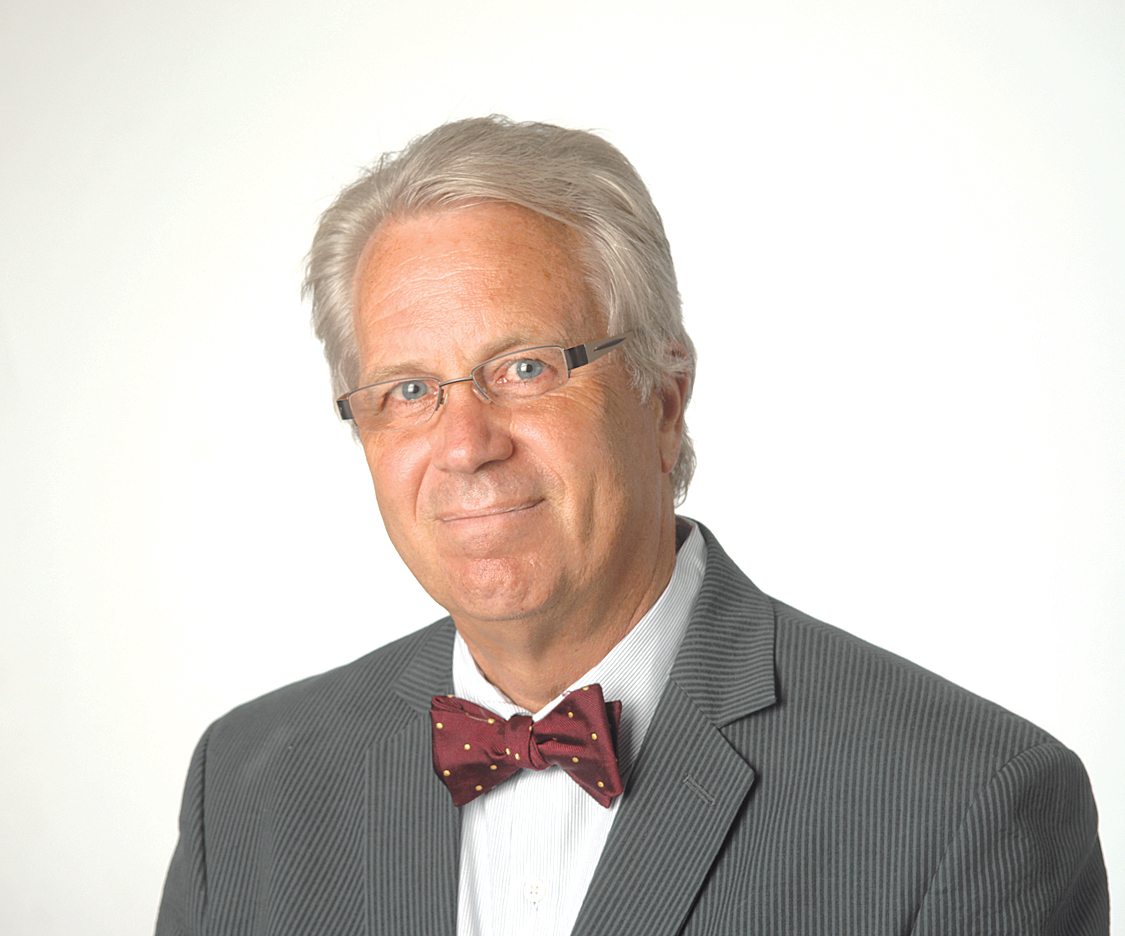The Elbert Files: History-making leaders

People like Mary Sellers, Teresa Wahlert and the late Mo Dana are the reason I enjoy covering business.
All are, or were, exceptional chief executives who, in addition to having great ideas, were successful communicators of their visions: Sellers at the Science Center of Iowa and United Way, Wahlert at US West and the Greater Des Moines Partnership, and Dana with the Des Moines Art Festival.
As I researched the past 40 years of local history for this week’s anniversary issue, I was reminded how helpful business leaders have been to me over the years.
It started with bankers. As the 1980s Farm Crisis was unwinding, one of my earliest teachers was Bob Murray, who led Hawkeye Bancorporation’s chain of mostly rural banks. Despite the negative publicity Hawkeye’s troubled banks received, Murray helped me understand what was important. Years later, Mike Earley, who began his career at Hawkeye and rose to the top job at Bankers Trust, was also a valued source for local and national banking news.
Another mentor was Lynn Horak, head of Iowa’s largest bank, which saw three name changes – from Iowa-Des Moines National Bank to Norwest Bank Iowa to Wells Fargo Bank – and two major acquisitions of Davenport Bank and Trust in 1991 and Brenton Banks in 2000, under his leadership. It was Horak in 2001 who persuaded his bosses to spend $11 million for the naming rights for Des Moines’ Wells Fargo Arena.
Retired banker John Fitzgibbon was a great source when I began writing local history. Fitzgibbon led Iowa-Des Moines National Bank during the 1970s and was instrumental in development of the 25-story Financial Center, the Des Moines Civic Center and the first skywalk, among other projects.
West Bank’s David Miller did more than anyone to transform West Des Moines from a sleepy suburb to one of the fastest-growing communities in the country during the late 20th century. Finally, Banks of Iowa chief Holmes Foster was the driving force of Iowa bank reform in the 1980s and ’90s. Later, as Iowa banking superintendent, he was a key advisor to Gov. Tom Vilsack and to me.
Des Moines has always been an insurance town, and EMC chairman Robb Kelley considered it his personal duty in the 1980s to instruct news reporters about the intricacies of insurance accounting.
The chief executives at Principal Financial Group were equally understanding of the fact that many reporters can’t do math, so thank you, David Hurd, Barry Griswell and Larry Zimpleman for your patience.
One of my most enjoyable assignments was writing about the Des Moines Vision Plan, a two-decade-long effort that made over downtown into a quality-of-life success story that others copied but none have replicated. It wasn’t until years later, when I wrote a book about the Vision Plan, that I appreciated how complicated the process truly was and how remarkable it was that all the pieces fit together.
The people most instrumental in solving the Vision Plan puzzle were New York architect Mario Gandelsonas; retired insurance executive Bob Houser, who led DMDC, a local development group; and Des Moines Art Center trustee Melva Bucksbaum, who provided seed money and brought together the initial players. Businessman Jim Cownie oversaw much of the implementation with help creating Western Gateway Park from retired contractor Fred Weitz, Meredith Corp. chief Jack Rehm and former Polk County Supervisor Richard “Red” Brannan.
Venture capitalist John Pappajohn, with encouragement from City Councilwoman Chris Hensley, supplied outdoor sculptures worth $40 million for the downtown park; Griswell made the riverwalk a reality; and businessman John Ruan III and former Ambassador Ken Quinn turned the city’s original riverside library into the World Food Prize Hall of Laureates.
Others who often played roles behind the scenes include lawyer Steve Zumbach, accountant Suku Radia and businessman Steve Chapman, along with executives Steve Lacy, Mike Gartner, John Forsyth, Johnny Danos and Martha Willits.
I came to Des Moines in 1975 to cover politics. But after I’d been here a few years, I realized business leaders, not politicians, made the important decisions, and I’ve been writing about them ever since.

Dave Elbert
Dave Elbert is a columnist for Business Record.






